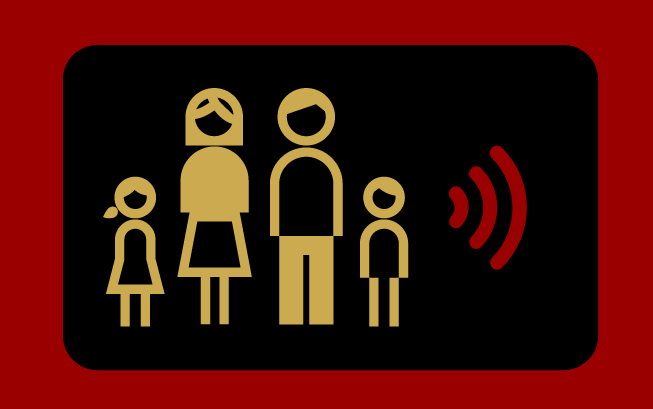
How proposed family ID will work, and why it is being criticised?
Jammu and Kashmir Lt Governor Manoj Sinha’s announcement that the government has decided to introduce a family pehchan patra (identity card) for residents of the Union Territory has been criticised by the mainstream opposition parties in Kashmir, with the PDP describing it as a surveillance tool to keep a watch on Kashmiris.
What is the proposed family pehchan patra for J&K residents?
It will be an identity card with a unique eight-digit alphanumeric number to identify each family and its members through the head of the family. The card will contain details of all members of the family, including their names, ages, qualifications, employment status, etc.
The card will be linked with the Aadhaar and bank account number of the head of the family. It will be a single identifier for every family and individual in the UT that will instantly confirm their eligibility for government welfare schemes and facilitate direct transfer of benefits to their bank accounts with minimum human interference, officials said.
What is the purpose of introducing the family identity card?
According to government officials, the primary objective is to create an authentic, verified, and reliable database of families in J&K to ensure speedy and transparent doorstep delivery of welfare schemes to eligible beneficiaries.
The database will help to identify and weed out duplicate ration cards and Aadhaar, and will help the government identify families that may have a number of educated youth, but without jobs. While Aadhaar contains information about an individual, the family ID card will collate information about families to help in the delivery of welfare schemes, officials said.
Since the database will have information on births, deaths, and marriages that will be continuously and automatically updated, it will help the government plan policy based on authentic, updated population data, officials said.
Because updations such as the removal of a woman’s name from the family of her parents and addition in the family of her husband will be carried out automatically, people will no longer have to visit local officials for such purposes.
Will it be compulsory to have a family ID card?
The government has said that the database will be created only with the consent of the family.
But the families that do not consent to having the card will likely face practical difficulties because benefits such as subsidised rations through the targeted public distribution system under the National Food Security Act, free medical treatment, old age/ widow pensions, help to victims of militancy, family pensions in case of death of sole earning member of a family, scholarships, etc. will be linked with the family ID card.
Why are political parties objecting to the card?
Barring the BJP, all mainstream political parties in J&K have opposed the proposed family pehchan patra.
PDP president Mehbooba Mufti posted on Twitter that the “unique family ID” was “emblematic of the widening trust deficit esp[ecially] post 2019 [when the erstwhile state of Jammu and Kashmir lost its special status and was bifurcated into two UTs]. Kashmiris are viewed with deep suspicion & this is another surveillance tactic to tighten the iron grip on their lives”.
The National Conference spokesperson said the proposed unique IDs were a waste of time and resources, and were not needed. The government should instead focus more on effective deliverance of existing schemes, the party said.
Are residents of J&K being uniquely targeted by the card?
Several other states have proposed or created similar databases. Haryana was the first state to introduce the concept of the family pehchan patra, and Punjab introduced it last year for direct transfer of benefits to families who are eligible for various social service schemes of the government. Last month, the Uttar Pradesh government decided to launch a UP Parivar Kalyan Card for similar purposes.
Rajasthan’s Congress government has introduced something called a “Jan Aadhaar” which “aims to be the single identifier of a family and also an individual”, and “the sole vehicle on which delivery of all kinds of cash as well non-cash benefits and services are riding and reaching to the door-step of the residents”. According to the Rajasthan Jan Aadhaar Authority, 1.94 crore families with 7.55 crore individuals are enrolled under the Jan Aadhaar Yojana.

